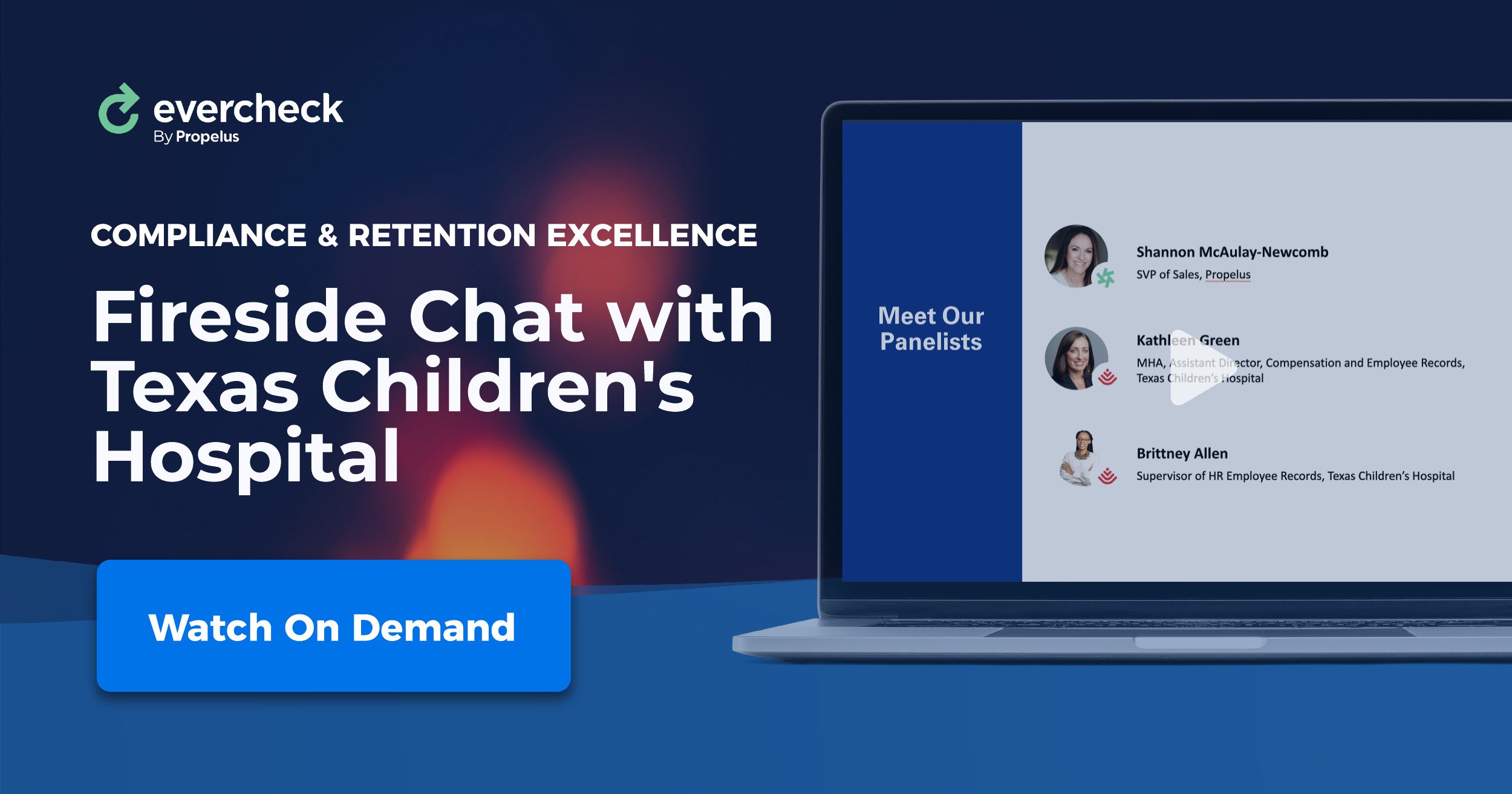Onboarding is the official process when a business or organization provides new hires with training and information to get them acclimated to a new position. This helps new employees understand their roles, employer expectations, and company culture.

The onboarding process is critical for new employees to understand expectations and become more familiar with their position. The goals of the onboarding process are to help new hires feel supported, valued, and integrated into the company and to equip them with the skills and knowledge they need to perform their job effectively.
Onboarding and orientation are essential processes within an organization to welcome new employees and help them feel comfortable in their roles.
Some current trends in onboarding and orientation include:
Virtual onboarding
![]() With the rise of remote work and virtual communication, many companies now conduct onboarding and orientation remotely, using video conferencing and other digital tools. Virtual onboarding allows a seamless onboarding experience for new hires without needing in-person meetings. It also offers greater flexibility and can be completed at the new hire's convenience. Additionally, virtual onboarding can save time and reduce company costs as it eliminates travel and reduces the time and resources needed for in-person onboarding.
With the rise of remote work and virtual communication, many companies now conduct onboarding and orientation remotely, using video conferencing and other digital tools. Virtual onboarding allows a seamless onboarding experience for new hires without needing in-person meetings. It also offers greater flexibility and can be completed at the new hire's convenience. Additionally, virtual onboarding can save time and reduce company costs as it eliminates travel and reduces the time and resources needed for in-person onboarding.
Personalization
Companies emphasize personalizing the onboarding experience to the individual employee and tailoring the information and training to their roles and needs. A personalized onboarding experience helps new hires feel welcomed, which can lead to higher job satisfaction and lower turnover rates. Personalized onboarding can allow new hires to learn at their own pace and tailored to their learning style, leading to better retention of information and a quicker ramp-up time.
Continuous onboarding
Many companies are moving away from traditional one-time onboarding processes and providing ongoing support and training throughout an employee's first few months. Continuous onboarding is essential because it helps new employees integrate into their roles and company culture over an extended period rather than just in a one-time orientation process. This can enhance skills by assisting new hires to build on their skills and knowledge, leading to improved performance and increased productivity.
Focus on culture
Some companies now emphasize aligning new employees with their culture and values to ensure they feel connected to the organization and its mission. Focusing on culture during onboarding helps new hires understand what is expected of them regarding behavior, work ethics, and values, which can better align with the company's goals and objectives. When new hires understand and embrace a company's culture, they are most likely to be committed to the organization and motivated to contribute to its success.
Automation
Companies use technology to automate and streamline the onboarding process, such as using software to manage paperwork, provide training, and track progress. Automated onboarding processes ensure that all new hires receive the same information and experiences, which can help maintain consistency and ensure compliance with company policies and regulations. Automated processes reduce the chance of human error, such as missing information or incorrect data entry, leading to more accurate and up-to-date employee records.
Final Thoughts
The trends toward virtual, personalized, and technology-enhanced onboarding will likely continue as companies seek to provide the best possible experience for new hires and maximize their potential for success.



